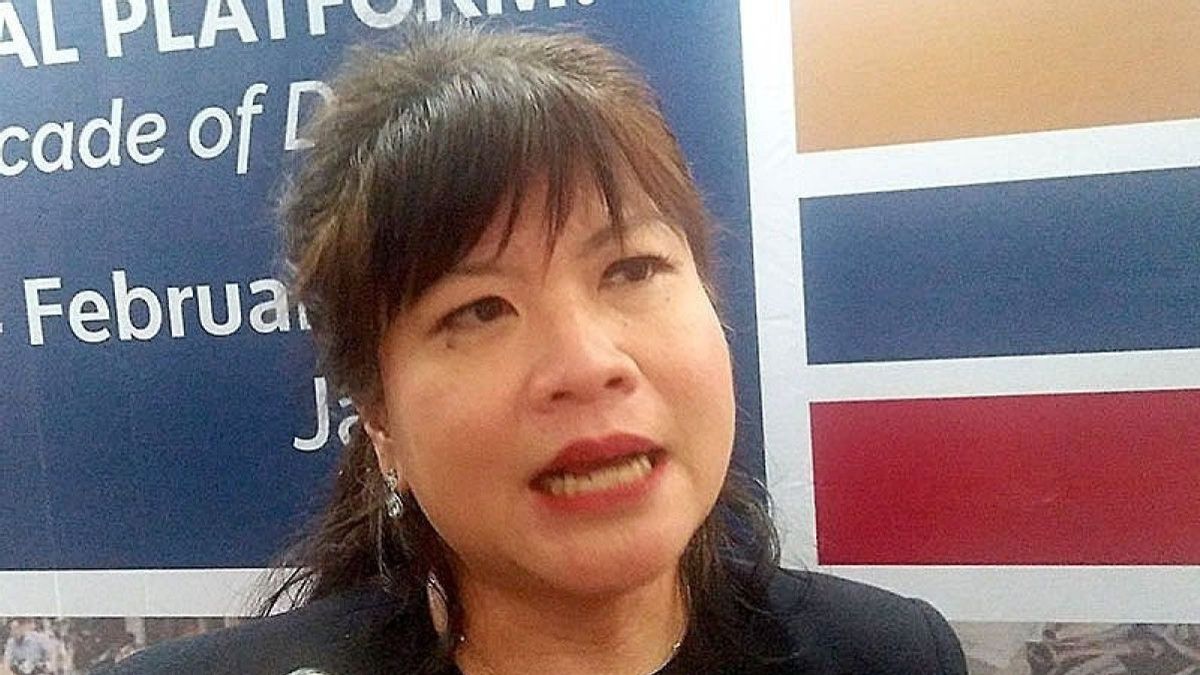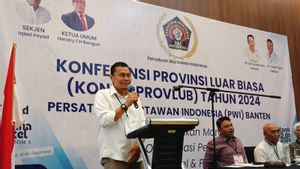JAKARTA - The Indonesian Employers' Association (Apindo) expresses that Indonesia's economic growth is facing various increasingly complex challenges, such as weakening purchasing power to high cost of economy.
Apindo Chairman Shinta W Kamdani said that Indonesia is currently experiencing significant challenges in increasing people's purchasing power ahead of 2025 due to deflations that occurred in a row from May to September 2024.
According to Shinta, the large decline in the number of middle class populations is getting bigger, from 57.33 million people in 2019 to 47.85 million people in 2024, where the Indonesian middle class plays an important role in boosting national consumption.
"This will be exacerbated by the plan to increase Value Added Tax (VAT) to 12 percent as of January 1, 2025," he explained at a press conference, Thursday, December 19.
In addition, Shinta said that high cost of economy is still a structural challenge that hinders Indonesia's competitiveness with high logistics, energy, labor and loans.
Shinta said, this makes Indonesia one of the countries with the highest cost of doing business in ASEAN-5.
As for logistics costs, reaching 23.5 percent of GDP, is far less efficient than Malaysia at 12.5 percent and Singapore at around 8 percent.
On the other hand, Shinta conveyed that the inconsistency of employment policies is also considered to have the potential to threaten investment and employment stability in Indonesia.
"With the change of employment regulations and less transparent wage policies such as the determination of the 2025 Provincial Minimum Wage (UMP) which was increased by 6.5 percent without the basic clarity of the calculation," he explained.
VOIR éGALEMENT:
According to Shinta, the dominance of the informal sector and low productivity also have the potential to hamper the rate of economic growth, where the number of informal sectors will reach 59.17 percent in 2024, an increase from 55.88 percent in 2019.
"Apindo encourages the government to focus on efforts to provide quality formal employment opportunities amidst the dominance of the informal sector in the workforce structure," he said.
The English, Chinese, Japanese, Arabic, and French versions are automatically generated by the AI. So there may still be inaccuracies in translating, please always see Indonesian as our main language. (system supported by DigitalSiber.id)
















